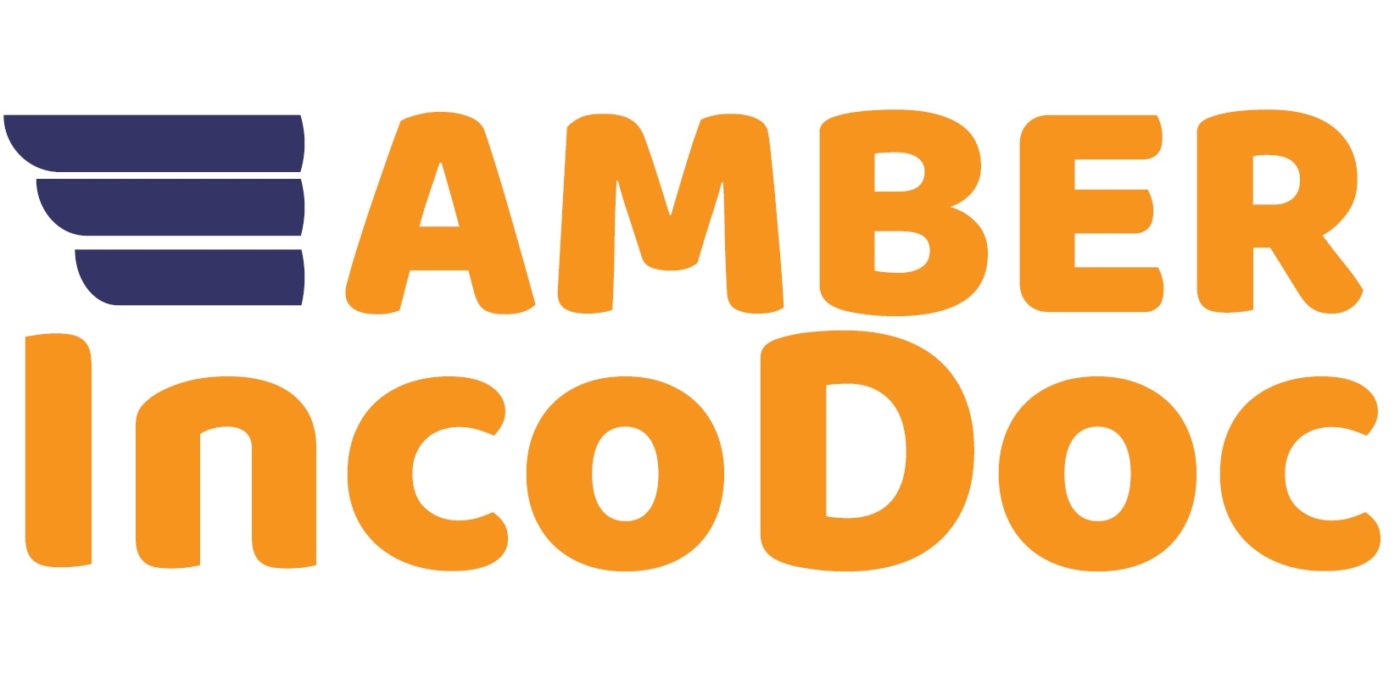What is the Free Trade Agreement?
A Free Trade Agreement (FTA) is an international agreement between two or more nations to increase international trade and reduce barriers to import-export among them or remove trade barriers and bring closer economic integration. Under free trade policy, goods and services can be bought and sold across borders with little or no government tariffs, quotas, subsidies, or prohibitions to inhibit their exchange. It is referred to as laissez-faire or trade liberalization that results in completely free trade but governments do not need to abandon all control of imports and exports or eliminate all protectionist policies. It also addresses the flow of goods and services, encourages investment, and improves the rules affecting intellectual property, e-commerce, and government procurement.
Free Trade allows the sellers and buyers in each country to focus on producing and selling the goods by their resources. The country’s economic faster growth while meeting the needs of its consumers. The Free-Trade policies are not popular with the general public due to unfair competition from countries where lower labor costs allow the seller trade at a lower price. However, free trade is an opportunity to deal with in the country with domestic producers to access the financial markets, securities, currencies and other financial products that will increase the GDP and invite new investment. Besides, FTA also can improve access to a wider range of competitive prices, goods and services, latest technologies and innovative practices. By the way, the countries must balance the domestic benefits of free trade agreements with their consequences.
How can FTAs help business?
– FTA offers lower or zero tariff on import-export of goods can help the companies to enter and compete
in the global marketplace
– Hassle-free custom procedures reduced turnaround time, filing costs, and manual contact points.
– Investors easier to invest in the country
– Easier to import-export
– No need to import-export in the bulk of goods reduce the cost to invest
– Improve market access for various services
FREE TRADE AGREEMENT
1. Generalized System of Preference
2. ASEAN Trade in Goods Agreement (ATIGA)
3. ASEAN-China Free Trade Agreement (ACFTA)
4. ASEAN-India Free Trade Agreement (AIFTA)
5. ASEAN-Japan Comprehensive Econimic Partnership (AJCEP)
6. ASEAN Korea Free Trade Agreement (AKFTA)
7. ASEAN-Australia-New Zealand Free Trade Agreement (AANZFTA)
8. Malaysia-Pakistan Closer Economic Partnership Agreement (MPCEPA)
9. Malaysia-Japan Economic Partnership Agreement (MJEPA)
10. Malaysia-New Zealand Free Trade Agreement (MNZFTA)
11. Malaysia-India Comprehensive Economic Cooperation Agreement (MICECA)
12. Malaysia Chile Free Trade Agreement (MCFTA)
13. Coast Analysis Application (CA)
Form A
Form D
Form E
Form AI
Form AJ
Form AK
Form AANZ
Form MPCEPA
Form MJEPA
Form MNZFTA
Form MICECA
Form MCFTA
Bak 1 (a-e)

